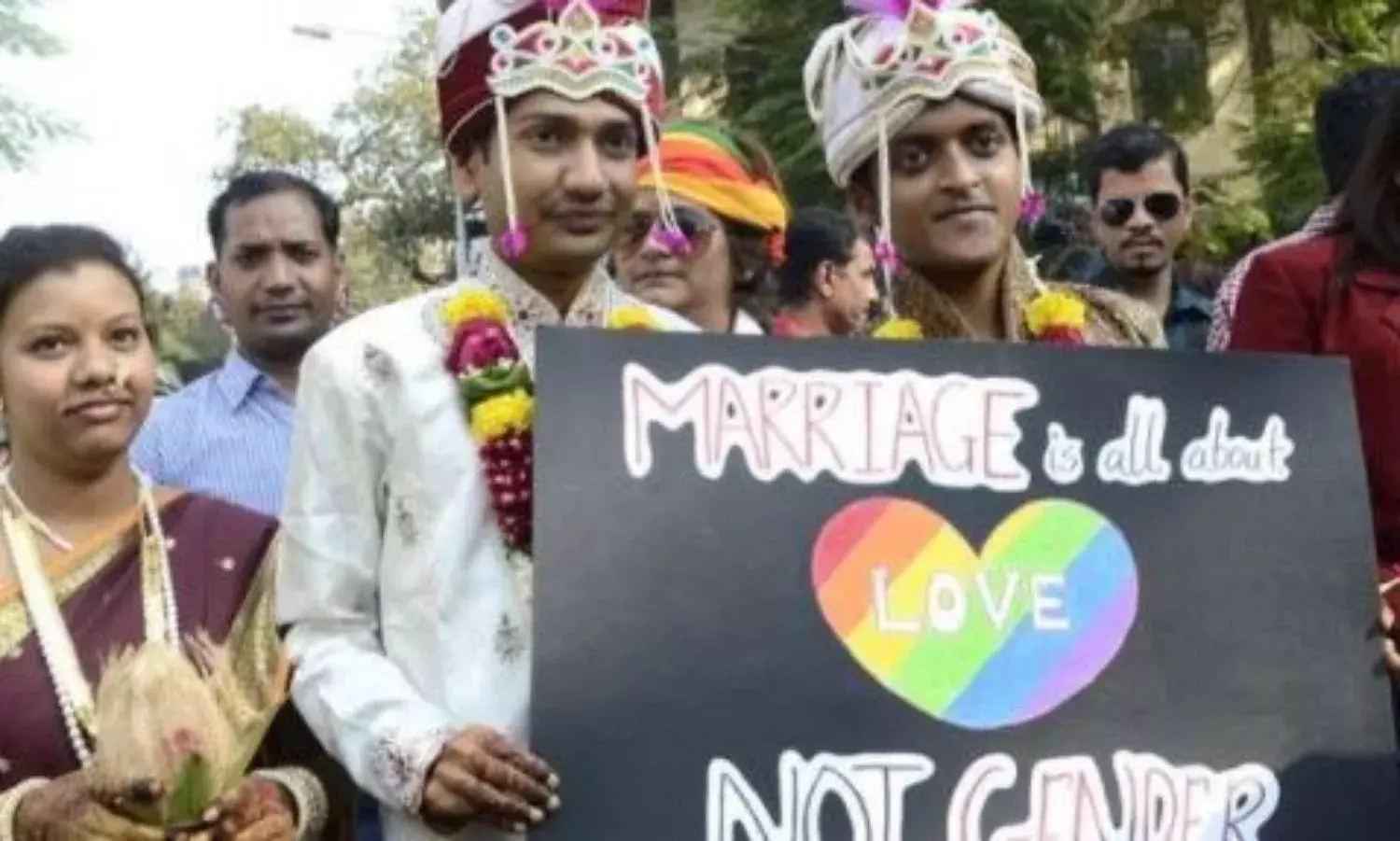Marriage Rights for Same-Sex Partners
Introducing the Indian family unit concept
In 2018 the Supreme Court read down the colonial Section 377 of the penal code to legalise sex among consenting adults. Now we have reached another road block, with the Union government telling the Delhi High Court that it does not think marriage is a fundamental right for partners of the same sex, and that giving it legal recognition would shake the foundations of what it calls the “Indian family unit concept”.
This is a troubling response as it denies a section of the Indian people social and legal recognition. Legalising same-sex marriage has been a long-standing demand of many such couples in love, many of whom already live with their partners.
In 2017 when the Supreme Court ruled that privacy is a fundamental right, it set the stage for decriminalising homosexual sex. The judgment cited provisions of Article 21 that guarantees free expression, saying that people must be allowed to live with dignity. It also mentioned the concept of autonomy, opening the possibility of civil unions for couples who want them.
In its reply the Union government stakes claim and interest in the registration of marriages in the country. It says marriages are not a private affair, but an invocation of “age-old customs, rituals, practices, cultural ethos and societal values”. Its affidavit also makes it evident that decriminalisation does not “legitimize” the conduct in question.
These arguments are reminiscent in many ways of the government’s 2017 response to the Delhi High Court hearing a batch of petitions by women’s organisations demanding that marital rape be recognised as a crime. The government used similar language then, saying it would “destabilize the institution of marriage” if marital rape were recognised as such.
In the recent affidavit the Union narrowly classifies the shape and form of an Indian family unit: a “biological man” and a “biological woman”, who have children.
Its biggest worry seems to be the implications of this revision on existing personal laws in the country, as the petitions were asking for recognition under the Hindu Marriage Act and the Special Marriage Act.
The government asserts that courts cannot adjudicate in the matter as it concerns the power to legislate. It cites religious beliefs and personal customs to argue that same-sex marriages should not be recognised.
But when in 2019 the Supreme Court declared the practice of “instant triple talaq” null and void, and Parliament enacted a law to criminalise it, the state did precisely this: it changed the personal laws and customs of a religious community to meet the demands of gender equality and justice.
Should it not do the same again, to support the freedom, rights and agency of men who want to marry men, women who want to marry women?





